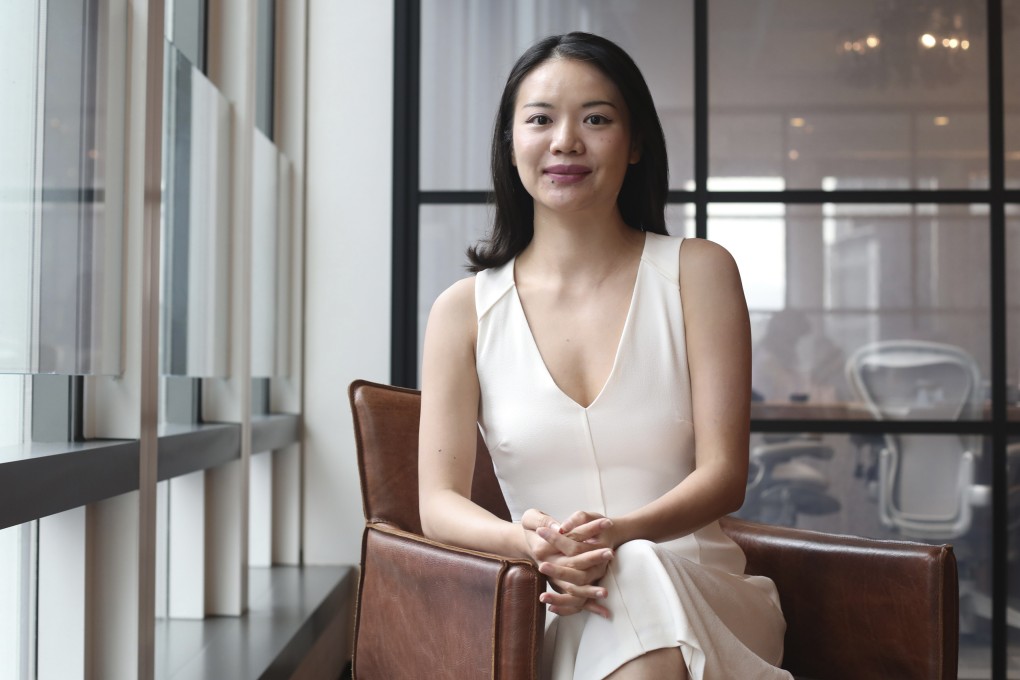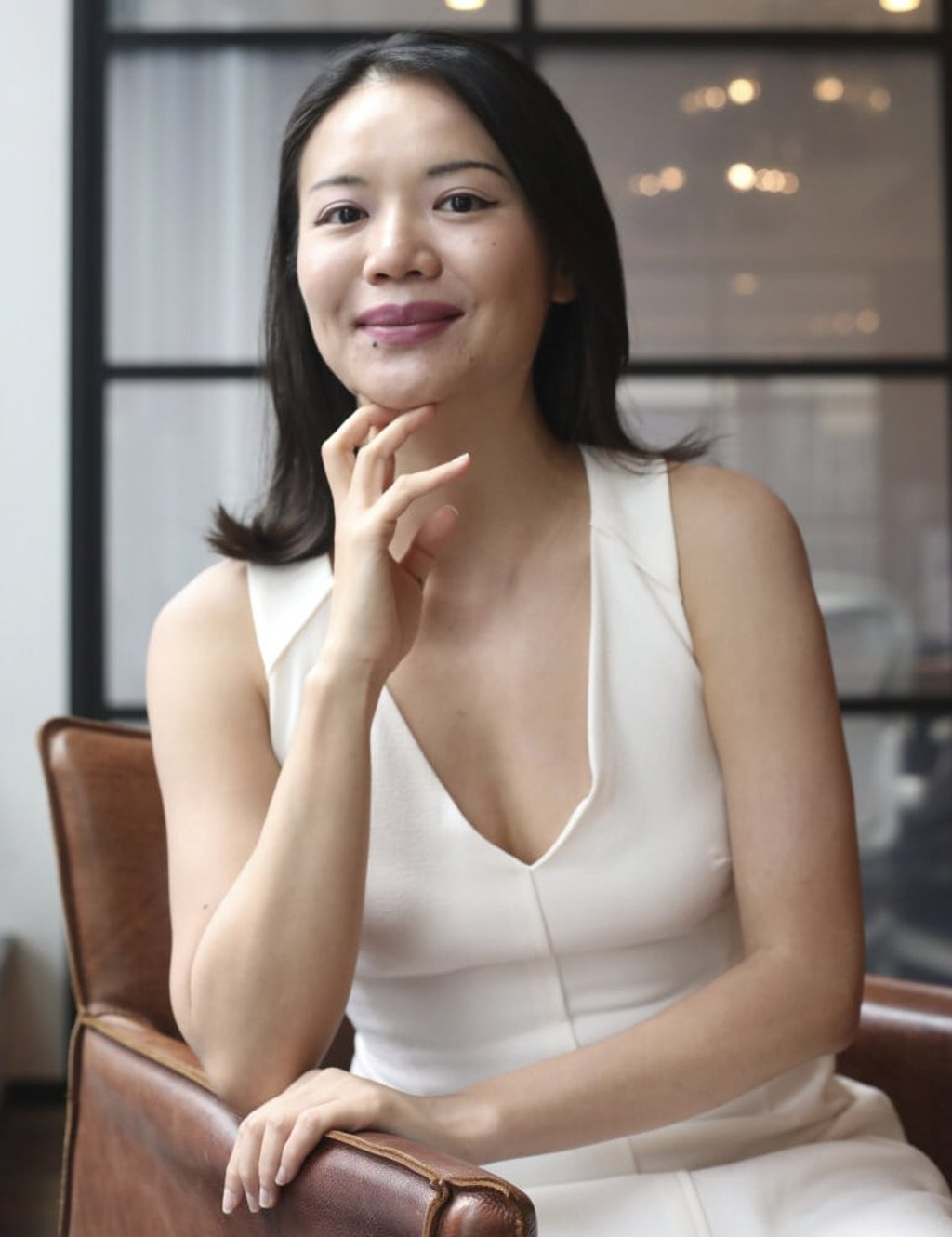Profile | She became a child spy, but her real talent was for business – Anna Wong on growing as an entrepreneur and empowering women
- Anna Wong had an eye for marketing from an early age and often came up with ‘crazy’ businesses ideas such as a shoe that could be worn as a trainer or high heel
- With her friend Inès Gafsi, she co-founded Female Entrepreneurs Worldwide – a women’s group to exchange ideas and encourage women’s empowerment

My grandparents were from Teochew (also known as Chaozhou, in Guangdong province), a city in southern China renowned for hard-working people who are committed to business, the women as well as the men. They left like many people did, fleeing the civil war in China, and moved to Hong Kong.
My parents met in Hong Kong. My father is older than my mother; it was his second marriage. I was born in 1988, the eldest of three.
My father had four children from his first marriage. I grew up in Sheung Wan and went to a Tung Wah school. My dad ran a trading business, distributing wine and cigarettes, and later he moved into retail stores and shops selling basic necessities.
As a child, I was interested in what he was doing. When I was about six years old, I remember pointing out to him that the supermarkets offered cheaper prices than our shops and asking what our competitive advantage was. My mum liked me to stay close to my dad; I think she thought having a daughter with him, to follow him in business, was a good way to control him.

Spying eyes
In the late 1990s, my dad started to spend more time in his hometown. When I was in Primary Four, I went to China with him and attended school there for a couple of years. My younger brother and sister stayed in Hong Kong and were looked after by an auntie and a helper. I had to adapt to a new culture and language and make new friends, it was good training for my future life.